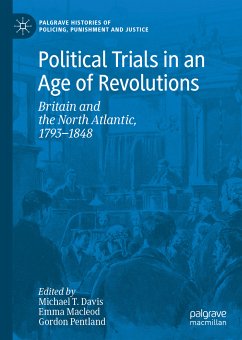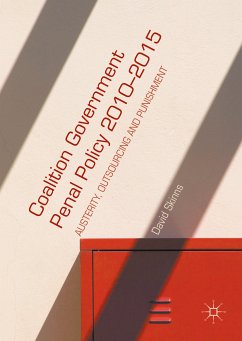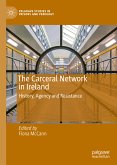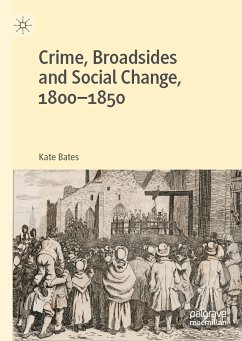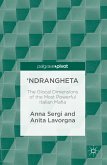The volume begins with a number of essays exploring the cases tried in England and Scotland in 1793-94 and examining those political trials from fresh angles (including their implications for legal developments, their representation in the press, and the emotion and theperformances they generated in court). Subsequent sections widen the scope of the collection both chronologically (through the period up to the Reform Act of 1832 and extending as far as the end of the nineteenth century) and geographically (to Revolutionary France, republican Ireland, the United States and Canada). These comparative and longue durée approaches will stimulate new debate on the political trials of Georgian Britain and of the north Atlantic world more generally as well as a reassessment of their significance. This book deliberately incorporates essays by scholars working within and across a number of different disciplines including Law, Literary Studies and Political Science.
Dieser Download kann aus rechtlichen Gründen nur mit Rechnungsadresse in A, B, BG, CY, CZ, D, DK, EW, E, FIN, F, GR, HR, H, IRL, I, LT, L, LR, M, NL, PL, P, R, S, SLO, SK ausgeliefert werden.
Hinweis: Dieser Artikel kann nur an eine deutsche Lieferadresse ausgeliefert werden.

